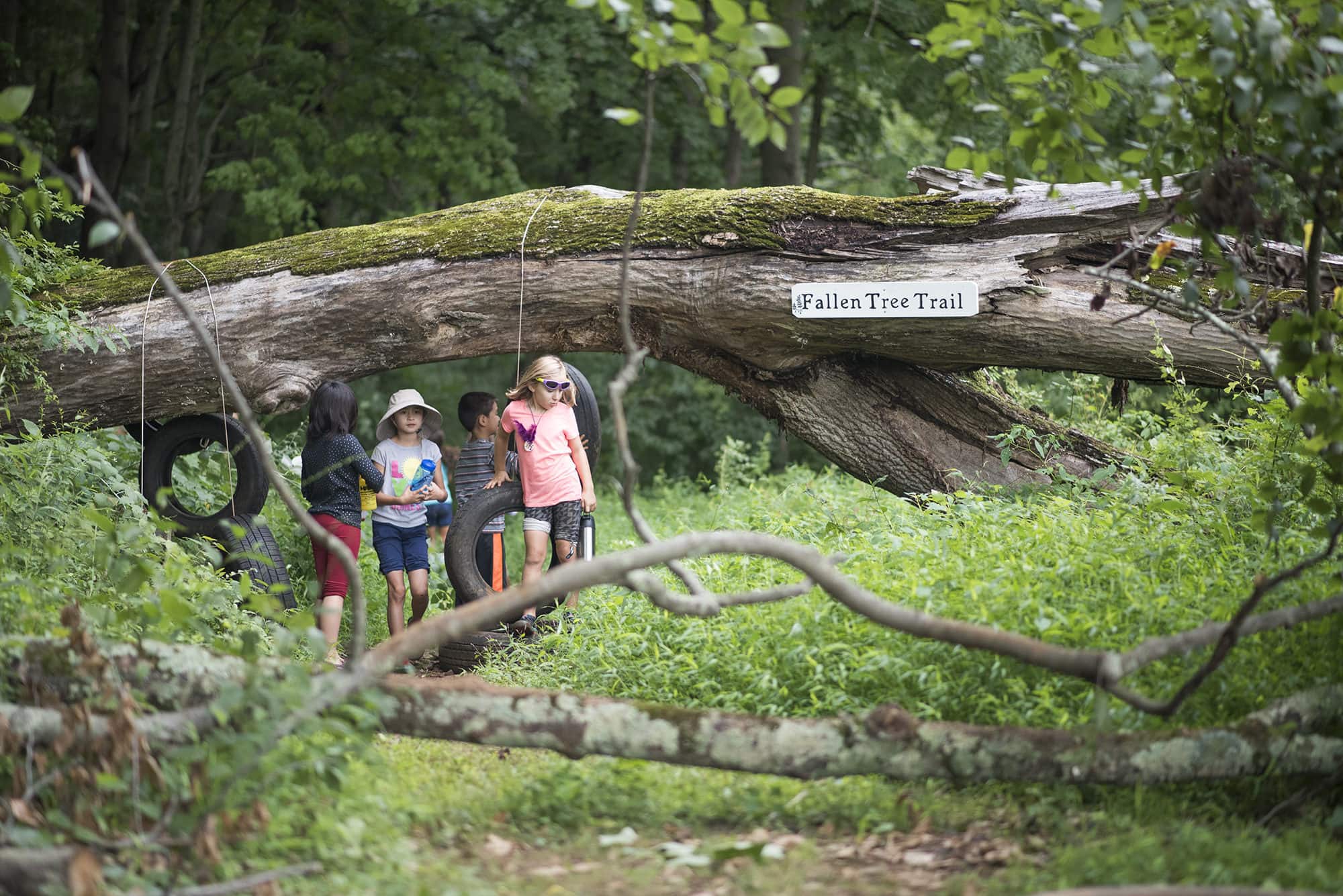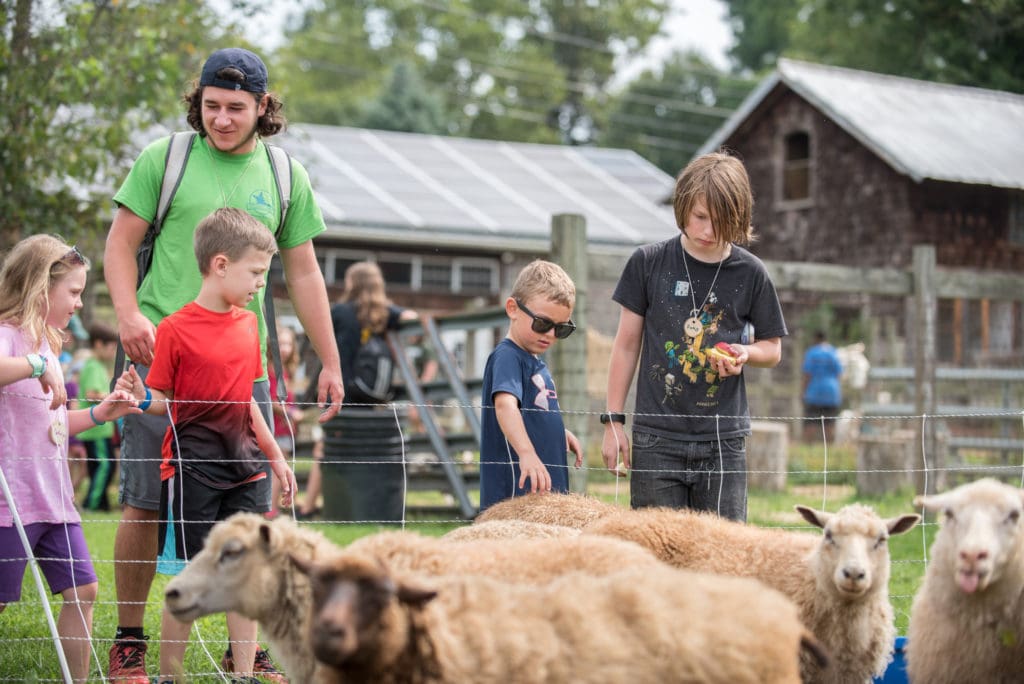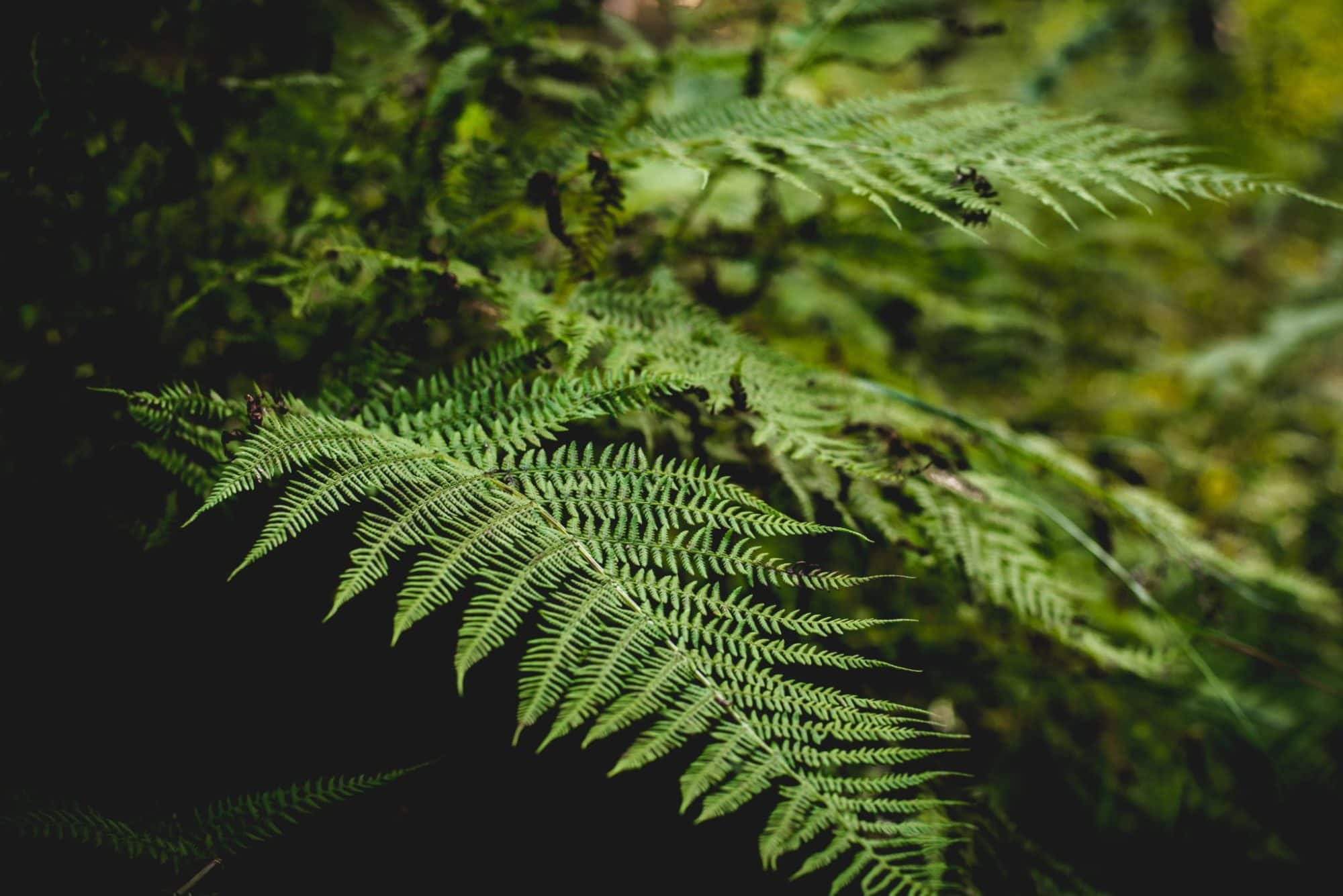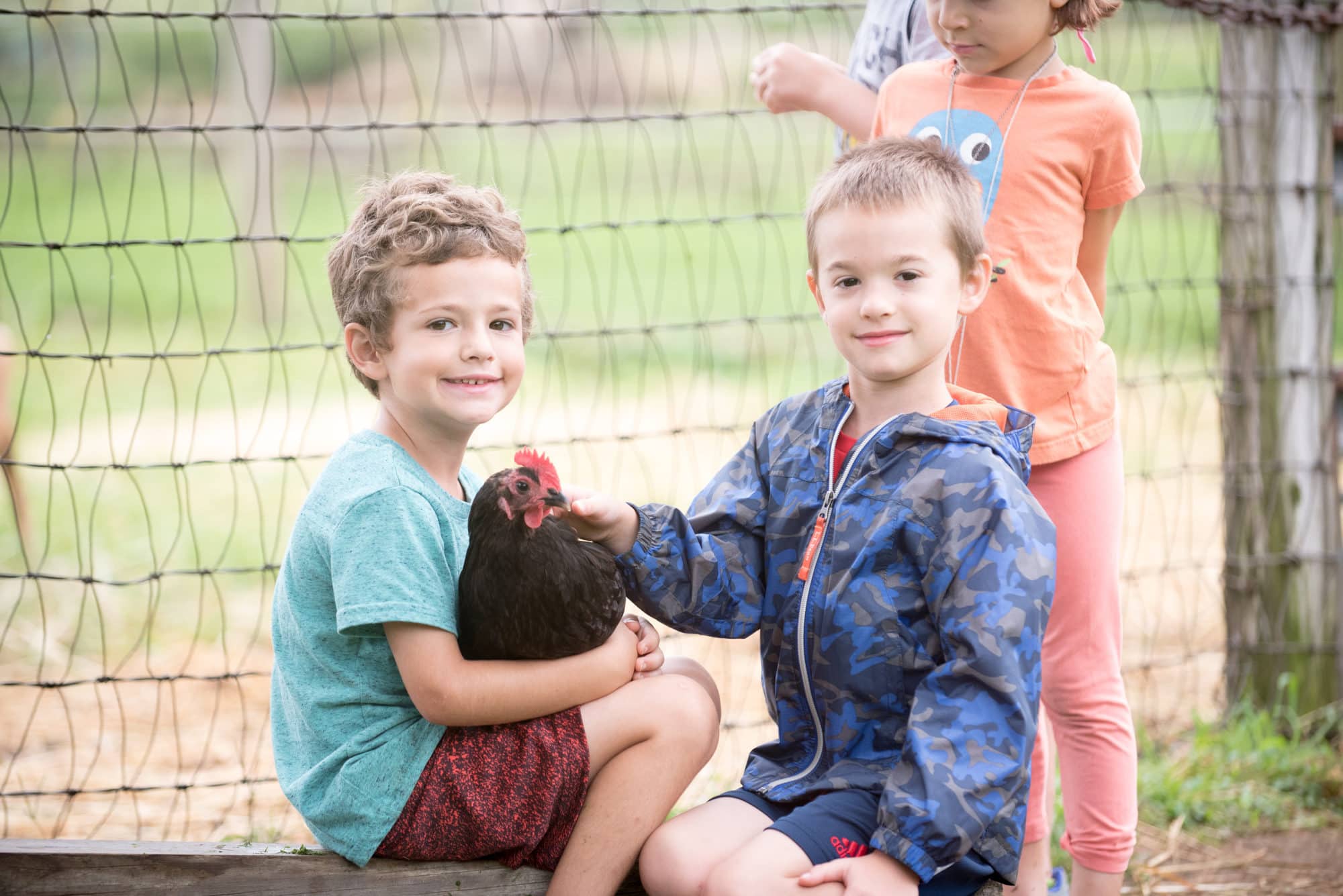The year is divided into three 8-week semesters (fall, winter and spring) with a 3-week “bridge” programs between the fall and winter semesters. You can register for one semester or all four! Semesters include a variety of curriculum topics (examples listed below) that cover NJ Core Curriculum Content Standards and normally one field trip to a farm, state park, or nature discovery location.
Classes are two hours each week and held at a few times during the week to give families the flexibility to pick a day for the semester (ex. Tuesdays 9:30-11:30am, Tuesdays 1:30-3:30pm, Thursdays 9:30-11:30am, or Thursdays 1:30-3:30pm).
-OR-
Enrichment Classes are from 9:30-3:00 and are held on Wednesdays or Fridays.
The Lower Level Homeschool Program is for ages 6–11 years old. Classes are split into small groups by age (ex. 6–8 years and 9–11 years). The focus is hands-on activities, exploration, games and experiments to provide students with a better understanding of agriculture and the environment. Journals are provided each semester for students to take notes or draw observations if they wish and to complete short weekly review assignments. Optional homework assignments are sent home after class and reviewed as a group at the beginning of the following class.
** Students that are not 6 years old on the first day of the semester are invited to enjoy our Pre-K and Kindergarten classes for children age 5 and younger.




